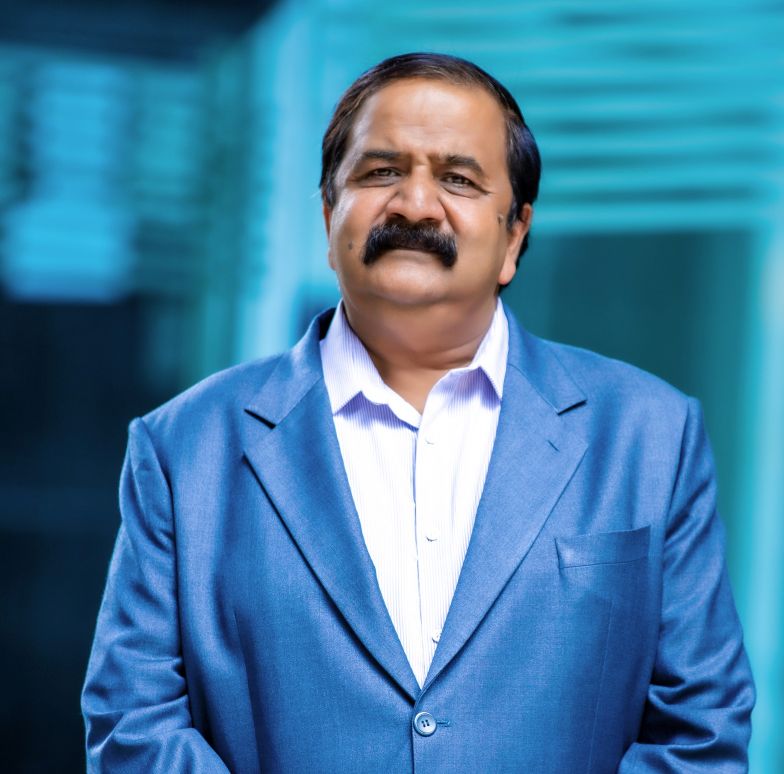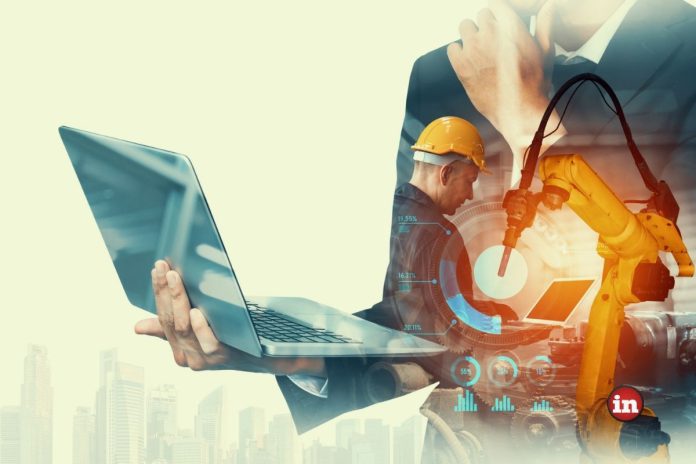As India celebrates National Engineers Day, the spotlight falls not just on the vast number of engineering graduates produced each year, but on the growing disconnect between their education and the demands of an evolving job market. In a country that churns out over a million engineering graduates annually, the rising unemployment among them is a cause for concern. The recently released Unstop Talent Report 2025 reveals that a staggering 83% of engineering graduates remain jobless or without internship offers, reflecting a deep systemic misalignment.
While conventional engineering branches like Mechanical, Civil, Electrical, and Chemical Engineering once formed the backbone of India’s industrial ambitions, these disciplines are increasingly being sidelined. AI, Machine Learning, Data Science, and other emerging fields have become the hot-ticket subjects, promising higher demand, lucrative salaries, and industry relevance.
Private engineering institutions, facing declining student interest in traditional branches, are shutting down entire departments. The All India Council for Technical Education (AICTE) stated that between 2013 and 2022, more than 3,600 engineering departments were closed, a trend set to continue unless addressed strategically.
Yet abandoning conventional programs entirely could be shortsighted. India’s industrial growth depends on a balanced ecosystem of skilled professionals. Mechanical engineers continue to design and maintain manufacturing plants, Civil engineers drive infrastructure projects, Electrical engineers power grids, and Chemical engineers enable industrial processes. Their roles cannot be replaced overnight by specialists in AI or Data Science alone. What’s needed is integration—where AI and Machine Learning are taught as core modules within conventional programs, rather than as standalone offerings.
The current trend of establishing separate B.E. programs exclusively in AI or Data Science may serve short-term revenue goals for private colleges by attracting higher capitation fees, but it risks diluting foundational engineering knowledge. Instead, a stronger, more sustainable approach would be to embed three or four comprehensive courses on AI, Natural Language Processing, Databases, and Machine Learning within every traditional engineering stream. This model ensures that students remain grounded in fundamental engineering principles while acquiring skills that align with the digital transformation sweeping industries.
Employers have already begun reshaping their hiring practices to reflect this reality. The Unstop Talent Report indicates that 73% of recruiters now prioritise talent over academic pedigree, focusing on practical skills rather than the reputation of a college. GenZ professionals are no longer seeking rigid annual reviews but prefer monthly or project-based feedback cycles. Over half are actively pursuing multiple income streams, freelancing, or engaging in side projects, further shifting the employment landscape.
Despite these progressive trends, a significant disconnect remains between the expectations of fresh graduates and hiring strategies of recruiters. Just 25% of companies emphasise ideathons, simulations, or case studies in their hiring processes, even though 70% of GenZ candidates thrive in these dynamic assessments. This gap signifies a broader challenge of adapting outdated recruitment frameworks to fit a rapidly changing skillset paradigm.
Gender dynamics also reflect underlying inequities. Two in three female Arts & Science graduates earn below ₹6 lakh per annum, revealing a troubling pay gap. However, the scenario is somewhat better in engineering and business schools, where pay parity is relatively maintained. Addressing gender gaps alongside reskilling is essential to build an inclusive workforce of the future.
Policy frameworks must step in to halt the mindless closure of conventional departments. The AICTE, along with the Ministry of Higher Education, should mandate that private engineering colleges maintain conventional streams while integrating AI and Data Science courses across disciplines. Industry partnerships can play a pivotal role here. Established engineering companies, alongside emerging tech players like Zomato and Meesho, should collaborate with academic institutions to co-develop practical curriculums and offer apprenticeships that combine core engineering expertise with applied digital skills.
An honours degree in Computer Science and Engineering, for instance, could specialise in AI and Data Science, but should retain rigorous training in computing fundamentals, mathematics, and system design. Engineering students should not merely run machine learning models but understand their architecture, limitations, and implications in real-world scenarios.
The long-term solution lies in evolving engineering education from a purely theoretical exercise to a hands-on, skills-driven process that prepares graduates for complex challenges. Bridging the gap requires a paradigm shift in both teaching and assessment methodologies. Frequent project-based evaluations, collaborative problem-solving tasks, and industry-aligned internships should become the norm, replacing outdated rote learning and rigid final exams.
As India pushes to be a global hub for AI, robotics, and technology-driven innovation, it cannot afford to neglect the traditional engineering disciplines that form the structural backbone of its industrial economy. Instead of viewing AI and Data Science as replacements, they should be seen as powerful enablers that enhance conventional engineering capabilities.
The challenge of the 83% unemployed engineering graduates is not just an education problem—it is a national imperative. By strategically integrating emerging technologies into established programs, India can better prepare its engineers for the future, ensuring that the workforce remains versatile, adaptive, and industry-ready in an era defined by digital disruption.
Industry Perpecrives
“Today, National Engineers Day, is the time when we honor amazing engineers whose ideas, innovations, and hard work propel India forward. With the theme, ‘Deep Tech & Engineering Excellence: Driving India’s Techade,’ this year reminds us how engineering plays a pivotal role towards shaping our future.
But there is yet something that needs to be addressed: the number of women in STEM fields in India remains recognizably small. It is important that we open more doors and build pathways for more women to take part in this exciting innovation journey.

At Rotimatic, we invented the making of fresh rotis, an age-old tradition, with precision and efficiency through modern technology, combining mechanics, electronics, and software. Coming from a background of a woman engineer and entrepreneur, I know how a little bit of curiosity, persistence, and bravery can carve out concrete solutions that touch lives.
On this Engineer’s Day, I hope that many more young women begin to see engineering as a pathway of combining tradition and technology, solving real problems, and growing something super impactful on a large scale.”
- Pranoti Nagarkar, CEO & Co-founder – Rotimatic
“On National Engineers Day, we celebrate the ingenuity and dedication of engineers who continue to shape Indias future with innovation and excellence. Their contributions form the foundation of progress, solving challenges and driving smarter solutions for society.

This years theme, Deep Tech & Engineering Excellence: Driving Indias Techade, perfectly captures their vital role in transforming industries. By harnessing the power of deep technologies, engineers are creating breakthroughs that redefine possibilities and enhance everyday lives. They are guiding Indias journey into a new era of opportunity, sustainability, and growth. Their brilliance strengthens the nations position on the global stage of innovation and technology.
At Acer, we are inspired by these pioneers who are building pathways to a smarter tomorrow. We remain committed to supporting their mission with solutions that boost performance and efficiency. Together, we can accelerate Indias Techade and create technology that serves humanity. With engineers leading the way, the future holds limitless promise.”
- Sudhir Goel, Chief Business Officer, Acer India


